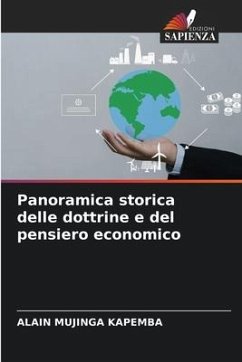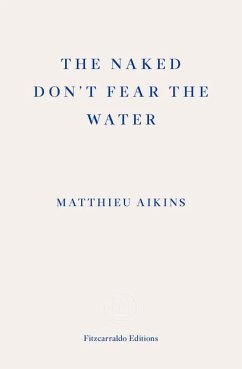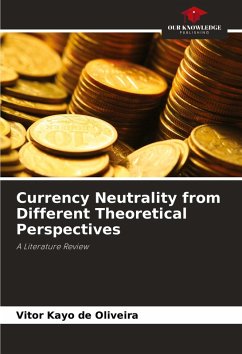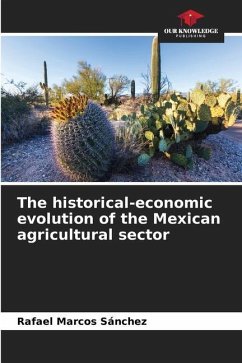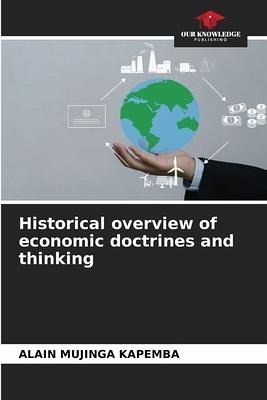
Historical overview of economic doctrines and thinking
Versandkostenfrei!
Versandfertig in 6-10 Tagen
53,99 €
inkl. MwSt.

PAYBACK Punkte
27 °P sammeln!
There have been a great many economic theories, and today they are part of an epistemological mode of selection: they build on each other, and the least explanatory are abandoned. The idea that economic theories are often opposed to each other is more in the normative field than in the positive field of economic theories. In fact, the normative aspect of economic theories leads to proposals, and it is these proposals that are the subject of debate (and give rise to frequent opposition). To master economic theory, it is necessary to have an overview of the major currents that have run through t...
There have been a great many economic theories, and today they are part of an epistemological mode of selection: they build on each other, and the least explanatory are abandoned. The idea that economic theories are often opposed to each other is more in the normative field than in the positive field of economic theories. In fact, the normative aspect of economic theories leads to proposals, and it is these proposals that are the subject of debate (and give rise to frequent opposition). To master economic theory, it is necessary to have an overview of the major currents that have run through the history of ideas in the discipline and to be able to describe them very briefly in relation to each other. We must, of course, be aware that this constitutes an a posteriori reconstruction, with its limitations, such as the tendency to obscure both the dissensions between economists of the same 'camp' and the convergences between those of different schools. This book examines the following schools of thought: economic thought in antiquity and the Middle Ages, the physiocrats, the classics, socialism, the neoclassicals, Marxism, and so on.





